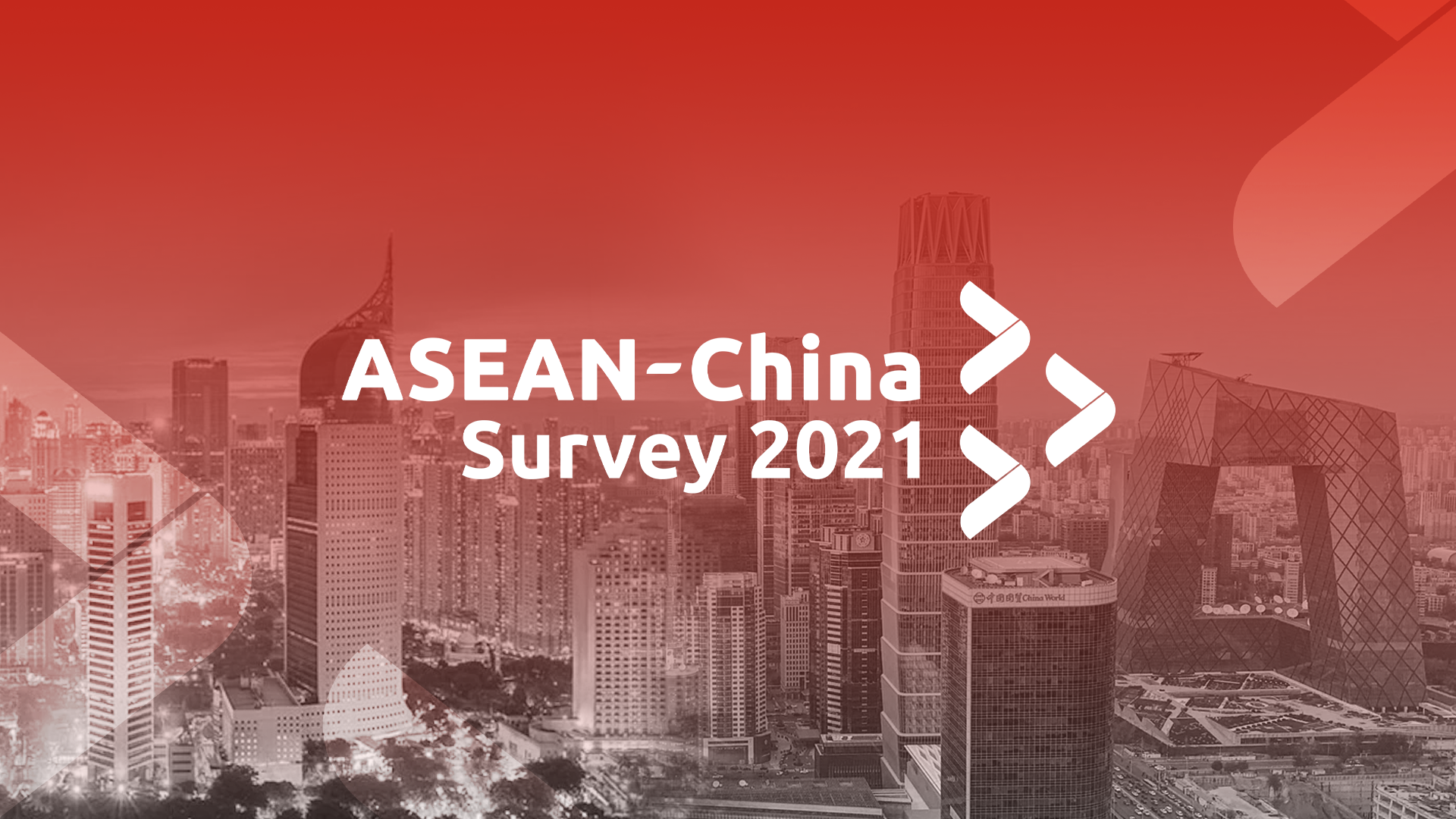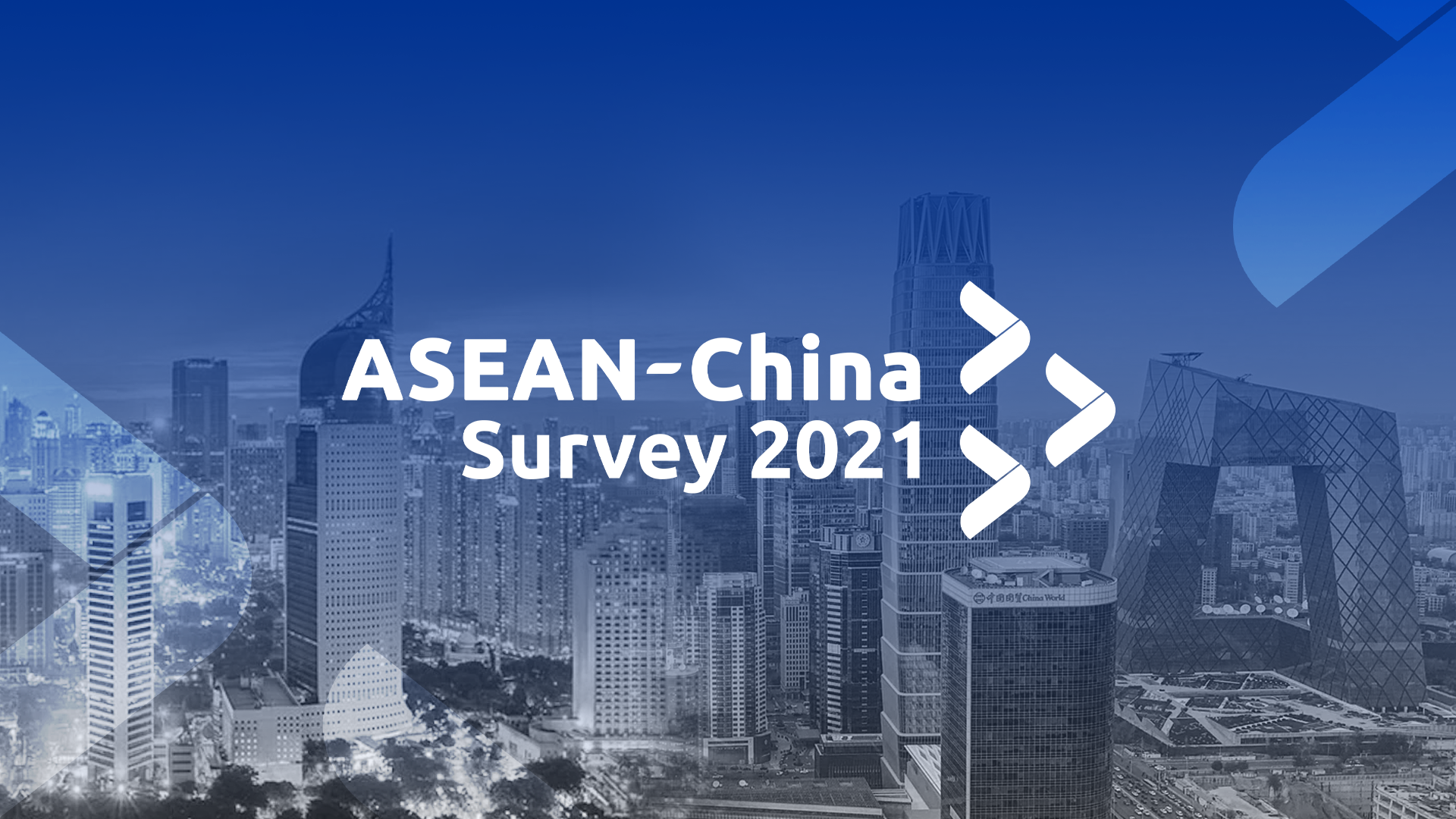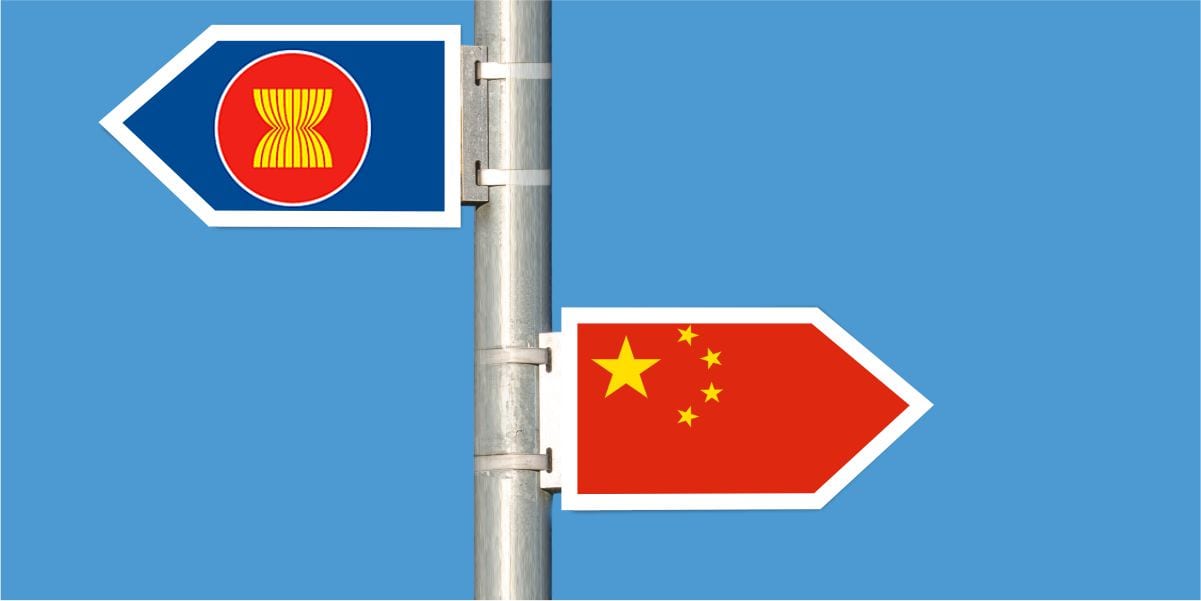After 30 years of cooperation, ASEAN-China relations have deepened further through the newly announced Comprehensive Strategic Partnership (CSP). However, ongoing geopolitical tensions (e.g. the Russia-Ukraine war) have posed a challenge to the partnership. These issues raise some questions for China and Southeast Asia – how does geopolitical uncertainty influence ASEAN-China relations? What does the CSP mean for Southeast Asia? And most importantly, what do Southeast Asians think on this matter? Those three questions are what FPCI aims to uncover.
Continue readingASEAN-China Survey 2021 Report
ASEAN-China Survey 2021: “Assessing Three Decades of Partnership”
The year 2021 is a special year for ASEAN and China as we commemorate the 30th anniversary of ASEAN China – Dialogue Relations that was established in 1991. In light of this, FPCI recognizes the importance of continuing the study. Therefore, we will be conducting the second annual survey, “ASEAN – China Survey 2021: Assessing Three Decades of Partnership.”
Continue readingASEAN-China Survey 2020 Report
In welcoming the 30th anniversary of the ASEAN-China relations next year, FPCI Research & Analysis department conducted a public survey about the ASEAN-China relationship from June until October 2020. The survey is titled “ASEAN-China Survey 2020: Assessing the Present and Envisioning the Future of ASEAN-China Relations.” The survey involved 1000 respondents from 10 ASEAN Member States and coming from five segments of the general public: government officials, academia, business community, civil society, and students.
Continue readingASEAN-China Survey 2020: “Assessing the Present of and Envisioning the Future of ASEAN-China Relations”
This survey will assess the dynamics of the relationship and identify challenges and opportunities to improve ASEAN – China partnership towards the 30th Anniversary of ASEAN-China relations in 2021.
Continue readingFPCI Special Update on the Economic Impact of COVID-19 Outbreak on Indonesia
Presently, COVID-19 continues to wreak havoc across the world, claiming tens of thousands of human casualties. The economic costs of the virus are still on-going but certain to be devastating to the global economy. Travel ban, trade restriction, social distancing and lock down are severely hurting businesses and will create loss of jobs. Indonesian economy has shown several damages that the virus has done to the country’s trade and industry, workforce, and financial market sector.
Continue reading





